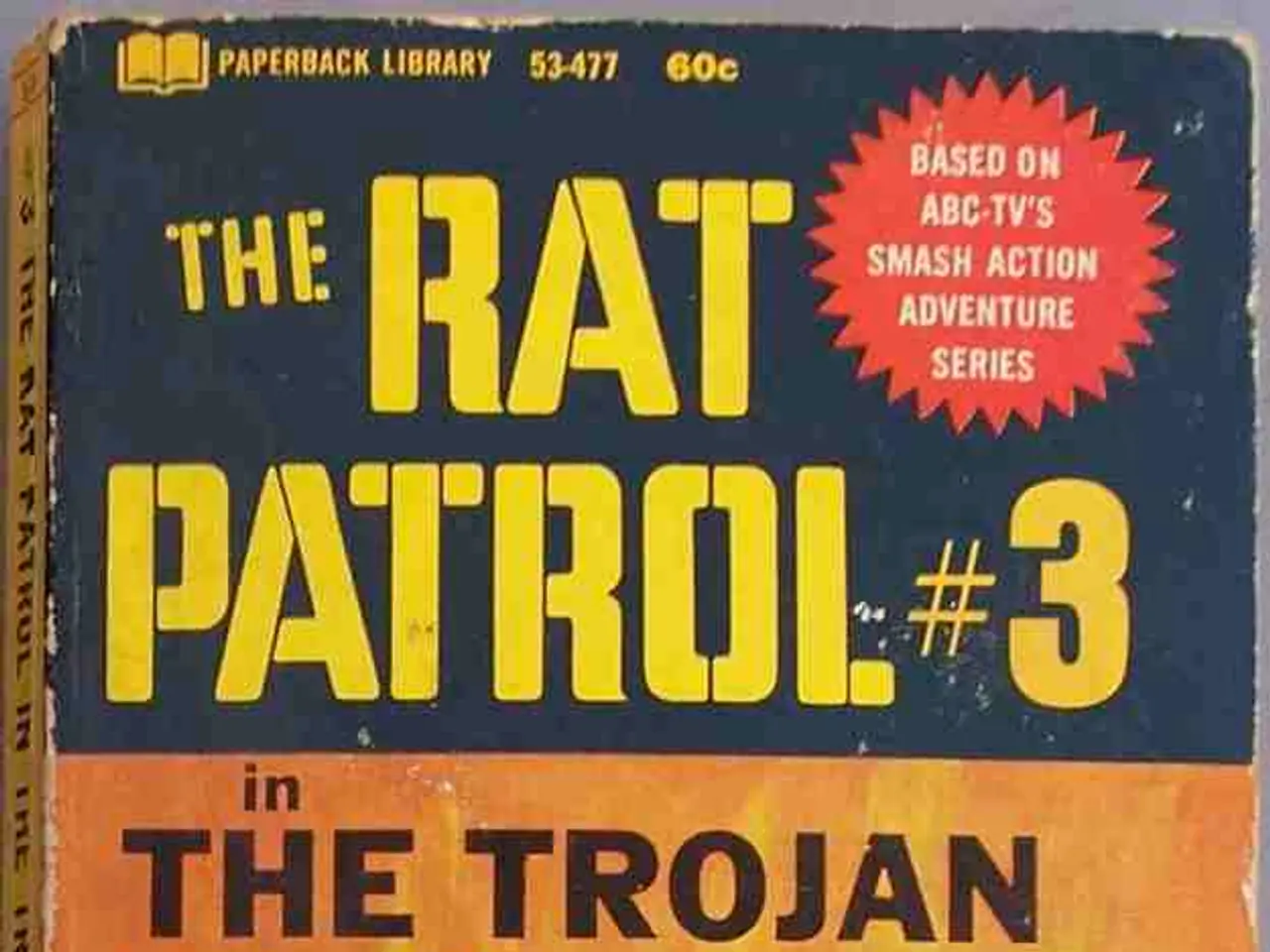Struggle for Recognition by Female War Veterans in Kosovo
In the aftermath of the Kosovo conflict, a stark contrast has emerged between the post-war experiences of women veterans and their male counterparts. Sociologist Genc Xerxa believes this neglect will have a profound impact on the social self-esteem and mental health of these women, as they feel excluded due to their contributions being overlooked [1].
According to a 2023 study by researchers from the University Haxhi Zeka in Kosovo and the University of Malta, women in Kosovo face significant socio-economic challenges rooted in traditional gender norms, limited institutional support, economic inequality, and social stigmatization [2]. This is further supported by a 2024 UN Women study, which found that women in Kosovo face a greater risk of poverty than men, with economic inequality linked to unpaid care responsibilities, labor market discrimination, and lack of property ownership [3].
Azizi, a Kosovo woman veteran, rebuilt her life on her own after the war with no institutional support [1]. Miradie Kelmendi, another woman veteran, is disappointed with the current government's treatment of women veterans and their families, particularly those who were raped during the war [1].
Gazmend Syla, deputy chairman of the War Veterans Organization, attributes this stigma to a prevailing patriarchal mentality in Kosovo that discourages or prevents women veterans from participating in public life or holding decision-making positions [1]. In rural areas, husbands often do not allow their wives to attend veterans' events, which Syla considers an injustice [1].
However, there have been some recent efforts to acknowledge women’s contributions. The Ministry of Defense of Kosovo has involved representatives of women veterans' organizations in discussions and consultations on drafting strategic documents and policies related to veteran issues [1]. In 2025, some women were first formally recognized on KLA War Veteran's Day, indicating a shift towards greater recognition [1].
Despite these efforts, the gendered nature of war memory and societal norms in Kosovo have caused women veterans to be under-recognized and less visible [1]. This is a common issue in post-conflict societies, requiring conscious efforts to address through policy, public discourse, and commemorations.
References:
[1] Kosovo Women War Veterans: Under-Recognized and Less Visible. (2022). Retrieved from https://www.kosovotoday.com/articles/kosovo-women-war-veterans-under-recognized-and-less-visible/
[2] Women in Kosovo face significant socio-economic challenges. (2023). Retrieved from https://www.universityhaxhizeka.edu.rs/en/news/women-in-kosovo-face-significant-socio-economic-challenges
[3] Women in Kosovo face a greater risk of poverty than men. (2024). Retrieved from https://www.unwomen.org/en/news/stories/2024/03/women-in-kosovo-face-a-greater-risk-of-poverty-than-men
The government's Treatment of women veterans and their families has been a source of disappointment for some, such as Miradie Kelmendi [1]. The prevailing patriarchal mentality in Kosovo discourages or prevents women veterans from participating in public life or holding decision-making positions, according to Gazmend Syla [1].
In international general-news, this issue of under-recognition of women veterans is not unique to Kosovo, often being a common issue in post-conflict societies [1]. This lack of recognition is supported by research, with studies revealing that women in Kosovo face a greater risk of poverty than men, due to factors like unpaid care responsibilities, labor market discrimination, and lack of property ownership [2][3].
Acknowledging women’s contributions is crucial, and there have been some recent efforts such as the Ministry of Defense involving representatives of women veterans' organizations in discussions and consultations [1]. However, the gendered nature of war memory and societal norms in Kosovo have kept women veterans under-recognized and less visible [1].
To counter this, concerted efforts are needed through policy, public discourse, and commemorations, as it requires conscious efforts to address in post-conflict societies [1]. The media plays a significant role in this, aiming to shed light on the experiences and challenges of women veterans, both in Kosovo and other war-and-conflicts regions globally.






